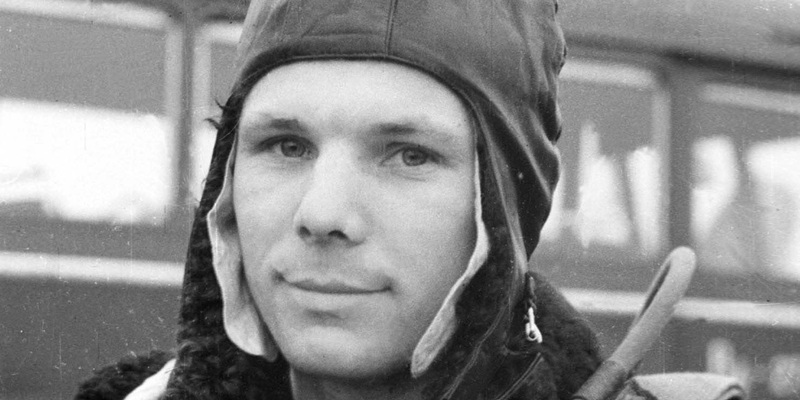A Fife professor’s research has argued that Yuri Gagarin’s space flight set back exploration and satellite technology days before its 50th anniversary.
The cosmonaut was named a hero of the Soviet Union and became an international celebrity. However, his orbit of Earth in the Vostok capsule has been described as a backward step, rather than a giant leap for mankind.
St Andrews University’s Professor Gerard DeGroot said, “At the precise moment when the US was poised to capitalise on a commanding lead in space science she was instead plunged into a macho space race focused on the costly adventure of manned space travel, which severely limited what could be achieved in the cosmos.”
Before Gagarin’s flight President John Kennedy was opposed to manned space travel, which he saw as a diversion from US satellite research. Gagarin changed the dynamic of the Cold War, convincing the American people that they were dangerously behind the Soviet Union in space.
A panicked Kennedy asked his advisers, “Is there any place we can catch them? Let’s find somebody, anybody, I don’t care if it’s the janitor over there, if he knows how. There’s nothing more important.”
Mr DeGroot said, “Without Gagarin the Americans might never have decided to go to the moon.”
Kennedy chose the moon mission because it was more complicated than putting a man into orbit. The moon was only a finishing line in the race for prestige.
The president regretted being forced into a race to the moon and the effect this had on domestic programmes. In April 1963 he told a reporter, “Don’t you think I would rather spend these billions on… health and education and welfare?”
Mr DeGroot said, “The main reason the Americans have not returned to the moon is because they originally went for the wrong reason. Once the race was won and a point proved there seemed little sense in going again.”
The fascination with space ventures continues, with China and India engaged in a space race. Mr DeGroot believes genuine space science continues to suffer as a result.
Following his orbit on April 12, 1961, Gagarin never returned to space, although he was back-up crew for the ill-fated Soyuz 1 mission in 1967 in which Colonel Vladimir Komarov died. He became deputy training director of the Cosmonaut Training Centre outside Moscow, which was later named after him.
Gagarin died in 1968 in a training jet crash aged 34.
